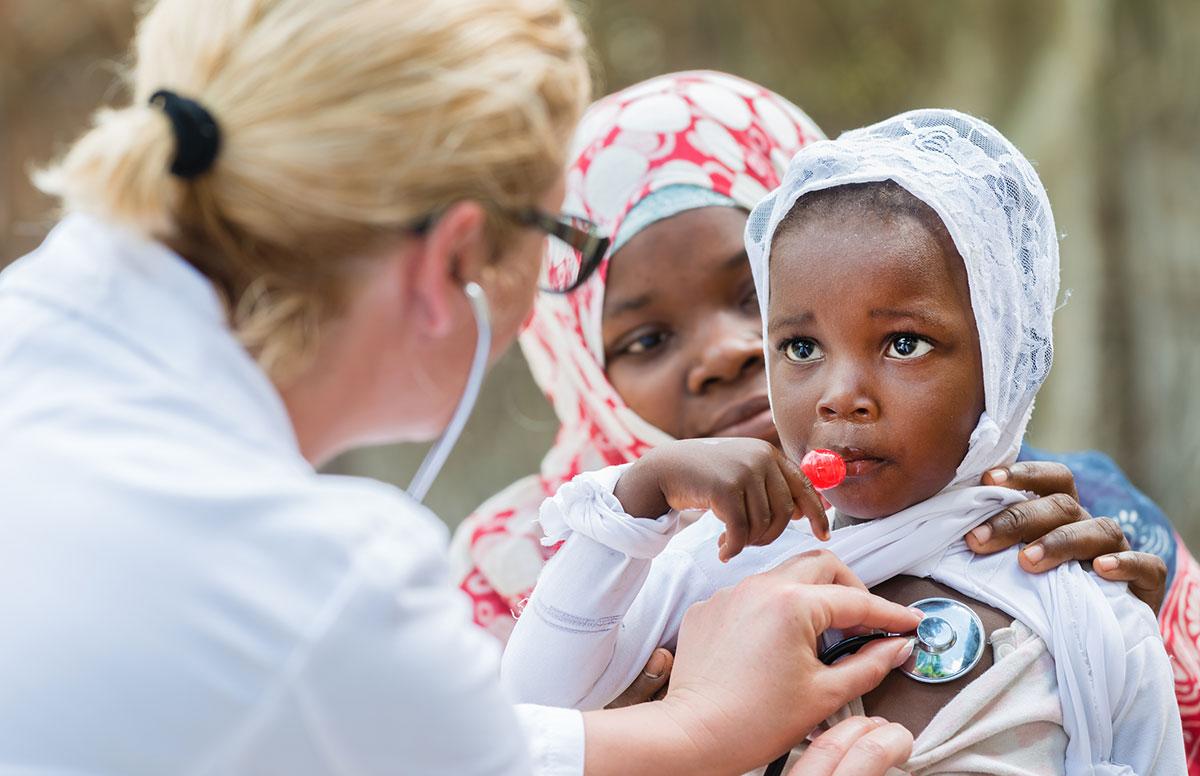As part of its 2030 Sustainable Development Goals, the United Nations (UN) set an ambitious goal of reducing by one third the number of premature deaths from non-communicable diseases (NCDs). Yet the burden of NCDs continues to be significant worldwide – causing 70 percent of deaths in 2016 – and disproportionately affects lower-income countries and populations. This week world leaders are gathering at the United Nations to set priorities to meet this goal. Meeting at the third UN High-Level Meeting on NCDs, they will chart a course to save lives and foster healthier populations.
As with the global fight against tuberculosis, the world needs more research and development to find new treatments and cures for NCDs. Real progress also requires a multi-sectoral approach: all parts of society need to work together. Public-private partnerships can accelerate innovation, promote expanded access to care, bridge the gap between awareness and behavior change, and prepare health systems to manage capacity.
Public-private partnerships can enable innovation in finding new ways to fight NCDs, promote expanded access to care, bridge the gap between awareness and behavior change, and prepare health systems to manage capacity.
There are already great examples of how such partnerships can improve prevention, care and treatment efforts to address NCDs. Here are just a few innovative examples:
- In Kenya, the Academic Model Providing Access to Health Care (AMPATH), a consortium of academic health centers in partnership with the Kenyan government, and biopharmaceutical company Celgene have partnered since 2011 to develop and deliver a comprehensive academic clinical cancer care program. Under the AMPATH Oncology Institute, more than 20 million Kenyans have access to this oncology care, including the country’s first program specific to multiple myeloma.
- In Malaysia, access to treatment for certain types of lymphoma, as well as personalized support, is available to eligible patients, even if they cannot afford treatment, through Takeda’s patient assistance program; this includes an assistance program tailored specifically for Malaysia’s public health system and implemented in partnership with the Malaysian government.
- In multiple countries across East and Central Asia, Latin America and Sub-Saharan Africa, Pfizer has partnered with government, academia, health systems and other community organizations to reduce the burden of NCDs on families, health systems and communities through the Collaborating for Health campaign. Through intergenerational and family-centered interventions, the program promotes healthy lifestyles, increases screening and treatment and helps shape policies in low- and middle-income countries.
By identifying and breaking down the barriers to NCD prevention, treatment and care, multi-stakeholder partnerships are advancing innovative solutions to NCDs. Continuing to invest in and support these collaborations – as well as the intellectual property protections that fuel critical innovation – are paramount to meet the UN Sustainable Development Goals and improve the lives of individuals across the world.


